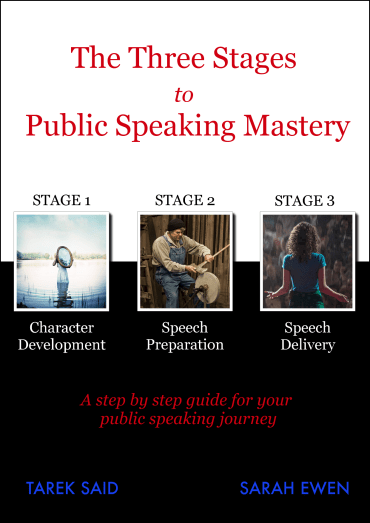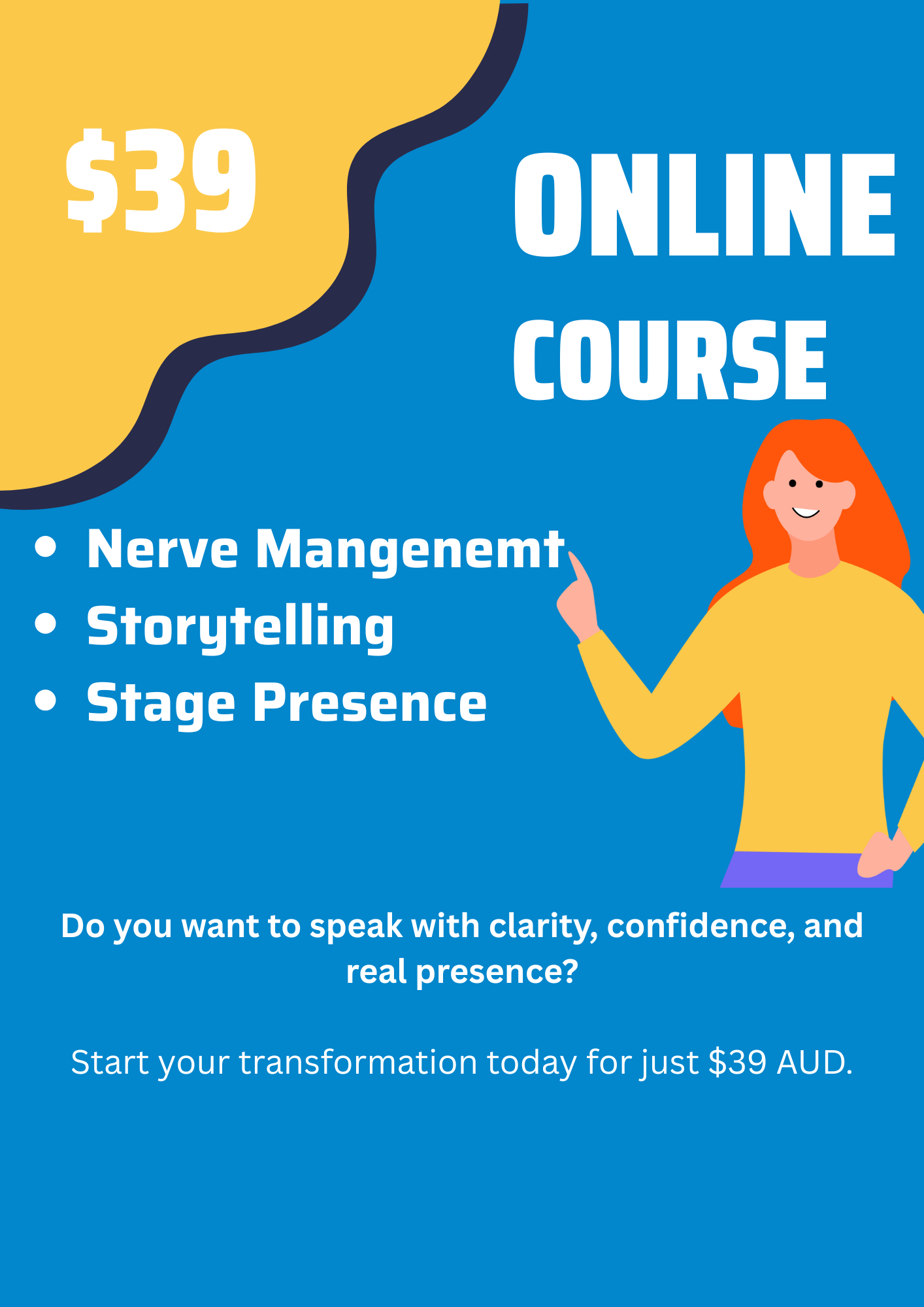SHOULD I IMAGINE THE AUDIENCE NAKED WHEN PUBLIC SPEAKING?
Advice given by well meaning supporters is often “just imagine the audience naked”.
On the surface this is not only a common piece of advice it is also somewhat amusing. But does it really work?
Whilst I am not trying to be a killjoy I do not recommend imaging the audience naked in public speaking for a number of important reasons.
1. It causes you to mask vulnerability with a fake sense of power
2. It impacts your ability to build genuine rapport with your audience
3. It can impact negatively on your eye contact and facial expressions
In public speaking fear, nerves and in many cases a concoction of the two often has speakers frantically in search of useful advice, an effective remedy and/or a quick fix to relieve such symptoms.
To this end, advice often given by well meaning supportive individuals is often “just imagine the audience naked”.
This is not only a common piece of advice it is also somewhat amusing. But does it really work?
Whilst I am not trying to be a kill joy I do not recommend imaging the audience naked in public speaking for a number of important reasons:
1. It causes you to mask vulnerability with a fake sense of power
Choosing to imagine the audience naked is simply a defence mechanism to mask your own vulnerability. As a speaker you can often dread the feeling of being exposed as you stand up in-front of an audience all alone in the spot light sharing your ideas. By imaging the audience naked in your mind, your making your audience vulnerable which makes you feel better and it also gives you a sense of power. The problem with this is the power is fake and as a speaker your focus should be on the audience and sharing information that is empowering to them. You should not make it all about you as the speaker or about making yourself feel powerful.
Forget the power struggle. See your audience as fully clothed and your equal and it will be far easier to take any mask off and be a confident vulnerable speaker.
2. It impacts your ability to build genuine rapport with your audience
Imaging your audience naked is a trick – a method to make public speaking easier on you. But at the end of the day the ultimate goal of any speaker should not be to trick the audience but should be to build genuine rapport with them.
Audiences are usually very perspective and a simple mind trick such as imagining them naked can build a barrier between you and your audience. Audience members walk away from the speech feeling like there was something they could not quite put their finger on but they simply did not like the speaker.
Imagining the audience naked can be damaging to building rapport with your audience and simply therefore not worth the risk.
3. It can impact negatively on your eye contact and facial expressions
In this scenario your mirror is the audience so the joke is on you.
Just imagine if a hot, attractive colleague catches you eye in the audience. What do you do? Do you smile and avoid them by looking away and starring at the floor? Or stare awkwardly at them whilst ignoring everyone else?
And what about a audience member not blessed in the looks department….what impact does imaging them naked have on your facial expressions and ability to look them in the eye?
On the surface this somewhat amusing piece of advice can actually be detrimental to eye contact and facial expressions and therefore can be damaging to your whole delivery.
‘”Just imagine the audience naked”. I seriously recommend not doing it. Instead overcome your fear in genuine ways that work, embrace your nerves and treat your audience as you would like to be treated as an audience member.
Keeping them fully clothed in your mind might just be the best thing you can do to becoming a speaker that is genuine, can build rapport and is known for engaging body language.


